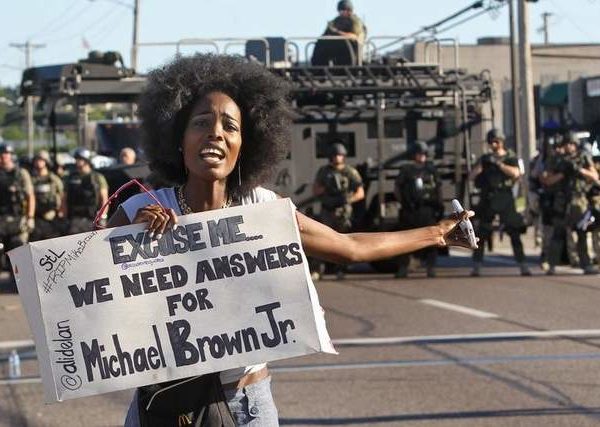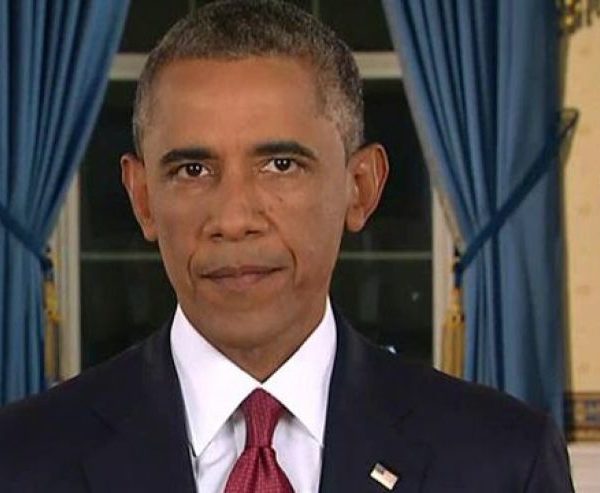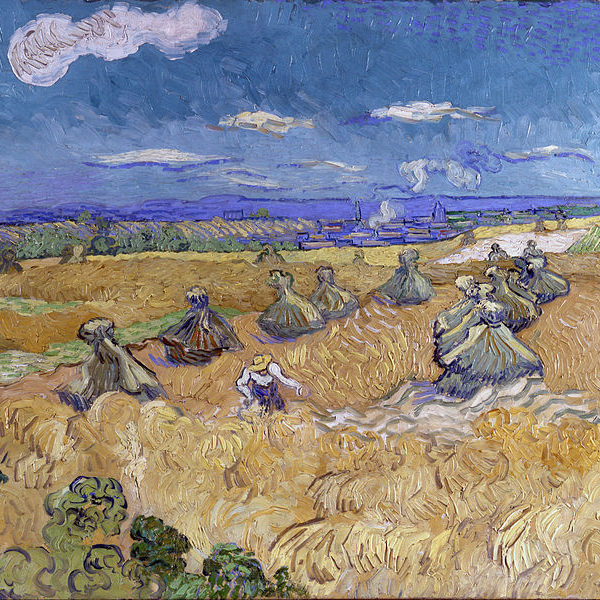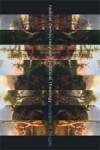
In the public imagination, dualism rules the day. The dualistic mindset sees things in pairs, and tends to perceive only absolutes. Evil must be balanced by good. The ways of righteousness have nothing to do with the ways of wickedness. Such dualism has characterized the fevered public discussion following the incidents involving Michael Brown and Eric Garner.

“Genuine tragedies in the world are not conflicts between right and wrong,” Hegel wrote. “They are conflicts between two rights.” In the last few days I have been somehow compelled to meditate on how the rush of events in our world reflect this kind of tragic destiny which perhaps only Hegel, the last genuine philosopher of history, seemed to have comprehended.

In the sphere of political decision-making, ‘the grace of doing nothing’ is usually a losing proposition. However, the parable of the wheat and the weeds invites even the angriest reactionary to consider the complexity of wheat and weeds, good and bad, us and them, and the dangers involved in precipitous action.

The business of religion, to use that unfortunate turn of phrase, is to change the world. The theo-political implication of radical democracy is that we cannot wait for a God to save us. If democracy indeed is the political instantiation of the death of God, then this is a task that is ours alone.
While I would not want to deny the political importance of forms, I would add to this analysis the importance of the kinds of spirit or inner drive (desire) which may be astir in them. An essential part of the explanation for the enormity of 9/11 is that the terrorist network responsible for them was not animated by a drive to produce new configurations of value and meaning so much as by a reactionary desire to bring judgment upon forces of modernity which were perceived to be a threat to established (traditional religious) values. The animating spirit of terrorist networks is a spirit of ressentiment.
The American theologian H. Richard Niebuhr began his prescient, perhaps timeless, essay on the Sino-Japanese War – “It may be that the greatest moral problems of the individual or of a society arise when there is nothing to be done.” In the face of a colonial conflict in Asia, and calls for U.S. intervention, Niebuhr urged an active inactivity.